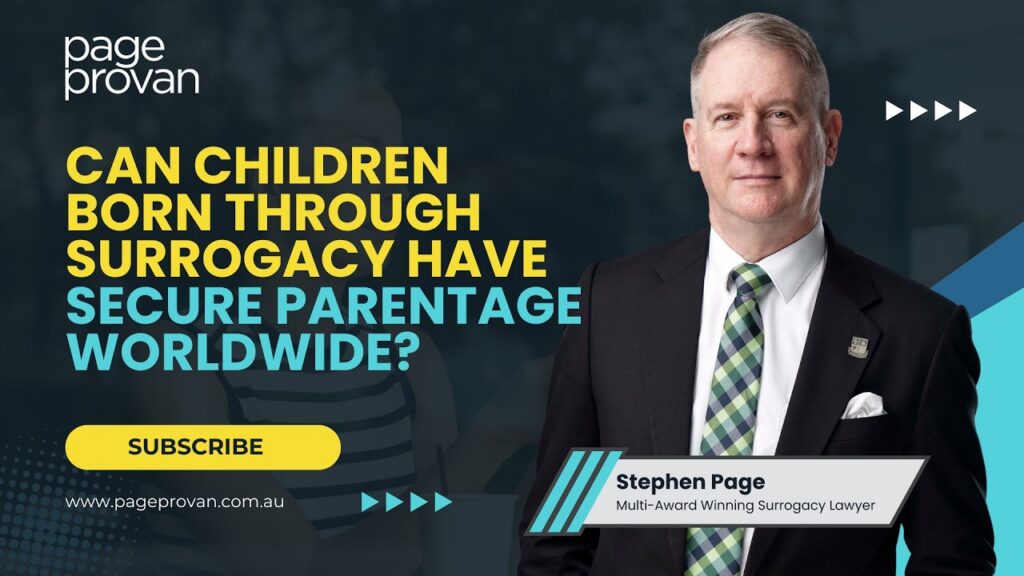Changes to secrecy in NZ Family Court
One of the consistent criticisms that is made of the Family Court and Federal Magistrates Courts is that by virtue of section 121 of the Family Law Act there is almost complete secrecy.
These limits were pressed earlier this year, when the Family Court lifted the secrecy veil to locate children who had been abducted by their father. The children were located, and then various media outlets interviewed the father, in apparent breach of the orders.
Subsequently, the children were removed again, and again the veil of secrecy was lifted, until they were located later that day and a man was charged with their removal.
By contrast, the situation in NZ has changed:
In 2005, limited access to the Family Court for news media
was made possible when the Care of Children Act 2004
came into force. A group of researchers with legal and media
expertise has tracked ways that Judges and the media have
subsequently responded to the new openness of the Family
Court. Their findings are presented in a recently released
report – The Family Court, Families and the Public Gaze.
The researchers found the media have been slow to make
use of the new freedom around reporting care of children
cases. Content analyses of media reports from July 2005
to June 2006 and interviews with Judges showed that there
was no increase in coverage of the Family Court after the
law changes. Less than 20 reporters attended Family Court
hearings in New Zealand during that period.
Editorial executives interviewed said that Family Court cases
were not often reported due to time and staff constraints,
lack of newsworthy or high-profile cases, restrictions on
reporting, and discomfort about reporting the matters being
dealt with by the court. Judges interviewed all supported
the new openness and were generally positive about media
attendance in their courts. There was however no clear
consensus from Judges on whether other cases in the Family
Court (for example, those under the Domestic Violence Act)
should be accessible to the media.
Also included in the report are an examination of the new
legal provisions within the context of relevant case law, and an
outline of the general regulatory regimes that are applicable to
the media.
Source: New Zealand Family Violence Clearinghouse Newsletter











